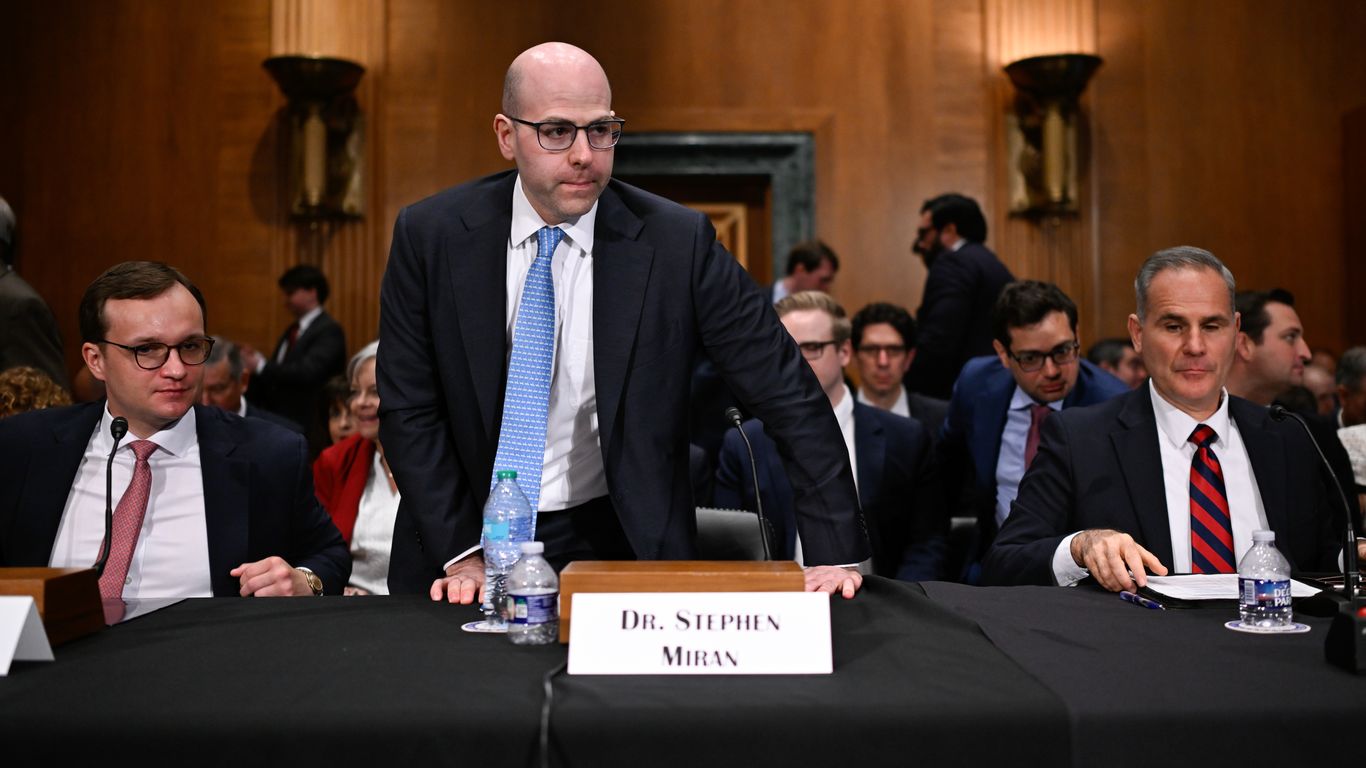
"Instead, he said that "Congress wisely tasked the Fed with pursuing price stability, maximum employment, and moderate long-term interest rates" - adding the third, more rarely noted, mandate contained in the Federal Reserve Act. That emphasis could imply the Fed looking to directly affect long-term borrowing costs, in contrast to the traditional view that low long-term rates are the happy result of achieving the other goals, particularly low inflation."
"The Fed's management of its $6.6 trillion balance sheet affects the supply of long-term securities on the open market. Its regulatory decisions can shape banks' desires to buy long-term bonds. Most important, at least from the traditional Fed view, is that if the central bank is credible in keeping inflation in check, long-term rates will stay low because investors are confident their returns will not be inflated away."
The Federal Reserve's statutory mandate includes price stability, maximum employment, and moderate long-term interest rates. Emphasizing the long-term-rates mandate suggests the central bank might aim to more directly influence long-term borrowing costs rather than treat them solely as a byproduct of low inflation. The Fed directly controls short-term rates while longer-term yields are determined in bond markets, but balance sheet operations and regulatory choices influence supply and demand for long-term securities. Credible inflation control helps keep long-term rates low. Prioritizing long-term rates could lead to more activist balance-sheet operations and regulatory actions.
Read at Axios
Unable to calculate read time
Collection
[
|
...
]